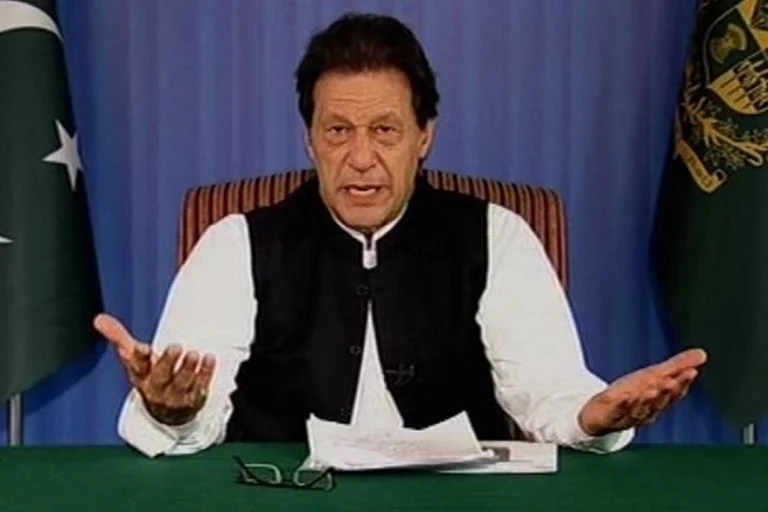Pakistan’s official election results were announced by the election commission on Sunday, with independent candidates affiliated with former prime minister Imran Khan winning the most seats in parliamentary elections, delivering a strong rebuke to the country’s powerful generals and throwing the political system into chaos.
According to the Election Commission of Pakistan, independent candidates secured 102 seats in the 266-seat assembly, with 93 of them aligned with Khan's party, Pakistan Tehreek-e-Insaf (PTI). However, PTI fell 32 seats shy of the majority required to form the government.
Meanwhile, Nawaz Sharif's Pakistan Muslim League (N), allegedly supported by the Army, secured 76 seats, while Bilawal Bhutto Zardari's Pakistan People's Party (PPP) won 54 seats.
The announcement of results followed a highly contentious election marked by violence and allegations of poll rigging, concluding more than three days after the polls closed on Thursday.
Since no party has won a majority of National Assembly seats, Nawaz Sharif and Bilawal Bhutto are discussing forming a coalition to keep Imran Khan's party out of power. However, even with their combined strength, they will fall short of a majority by six seats.
Both Khan and three-time former Prime Minister Nawaz Sharif have already declared their victories.
The uncertainty looms large over who will form the next government in Pakistan at a crucial juncture when the country is grappling with economic crisis and increased terrorism activities.
The Election Commission of Pakistan (ECP) has ordered re-polling in some of the polling stations amid protests by Imran Khan's Pakistan-Tehreek-e-Insaf (PTI) and other parties over the alleged rigging during the general elections.
The country’s election commission has scheduled re-polling for February 15. The counting of close to 10 seats is still underway in Pakistan.
Section 144 Imposed In National Capital
As parties protest alleged vote fraud, police in Islamabad said they have imposed Section 144 in the national capital, adding that action would be taken against any “illegal assembly.”
“Some people are inciting illegal gatherings around the Election Commission and other government institutions. It should be noted that inciting to gather is also a crime,” it said on X.
The imposition of Section 144 restricts the assembly of four or more people at public places, aiming to maintain public order and prevent potential unrest.
The order came as PTI announced nationwide protests against the “stealing of votes” in the February 8 election. While the party initially asked its supporters to gather in different cities, it later said it will confine its agitation to election offices.
The PTI has alleged that results from many seats were tampered with to deny it a victory. Some candidates have also started legal action.
The international community, including the United States, the United Kingdom, and the European Union, have also demanded an investigation into claims made by the PTI.
Who Could Form the Next Government?
With no single party securing the required 133 seats out of 265 in Pakistan's National Assembly to form the next government, the political framework is now dependent on alliances and discussions among parties.
The National Assembly comprises 336 seats, with 266 decided through direct voting on polling day and an additional 70 reserved seats allocated based on each party's representation in the house, including 60 for women and 10 for non-Muslims.
The situation now hinges on political horse-trading, as parties scramble to cobble together alliances to prove their majority. The odds seem stacked against PTI, with both Nawaz Sharif and Bilawal Bhutto Zardari inclined on keeping Imran Khan away from the country's top office at any cost.
The two leaders have already begun alliance talks, but even with their combined strength, they will fall short of a majority by six seats.
Despite the ban and Imran Khan's imprisonment for allegations ranging from leaking state secrets to corruption and an illegal marriage, millions of the former cricketer's supporters turned out to vote for him, even though he is restricted from holding a government office while in prison.
If uncertainty persists and no one is able to form a government, Pakistan's army, the country's most powerful and organised force, can step in to restore order and seize control, as it has done three times in the country's 76-year history, most recently in 1999 to remove Sharif's government.























.png?w=200&auto=format%2Ccompress&fit=max)




